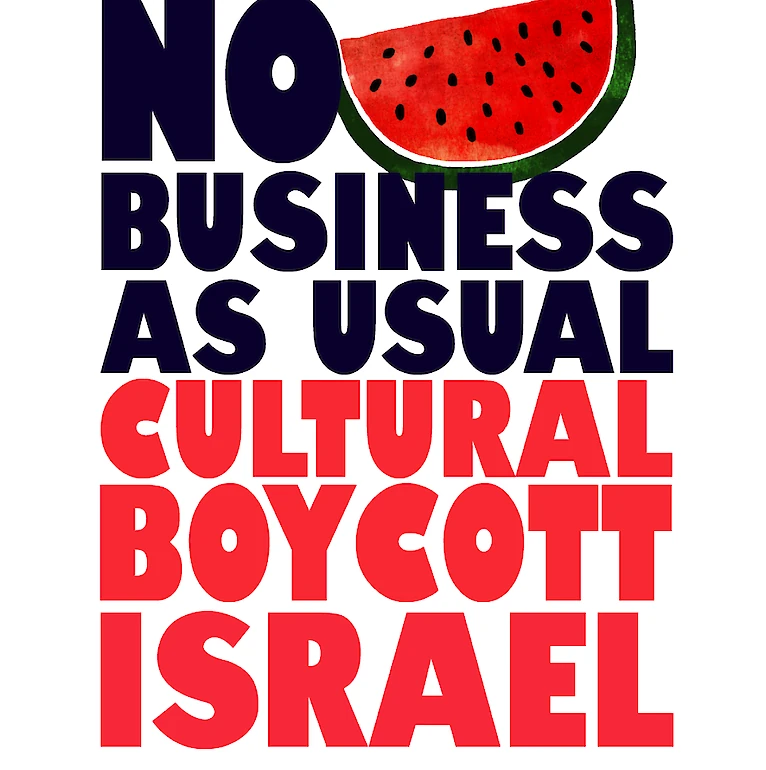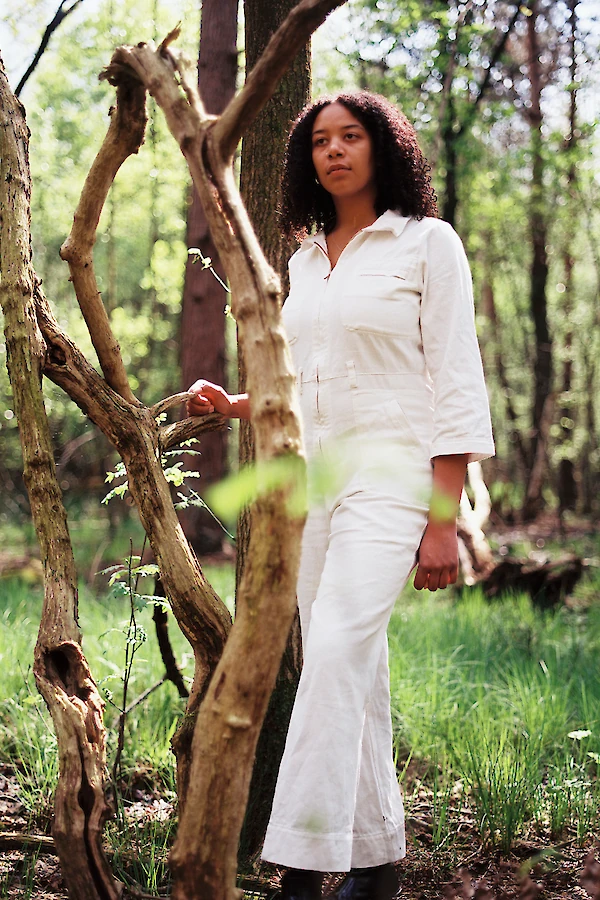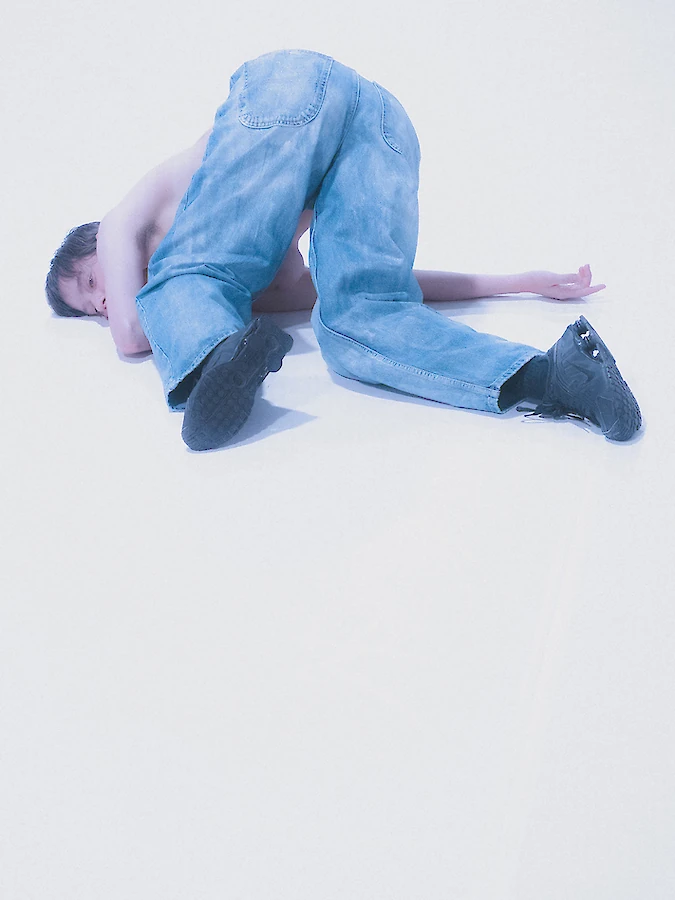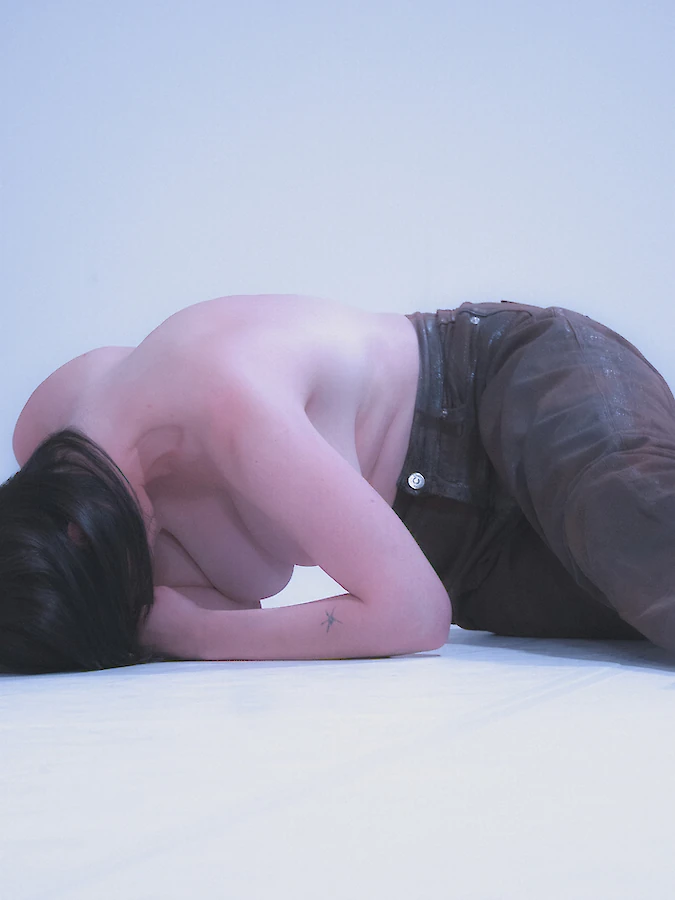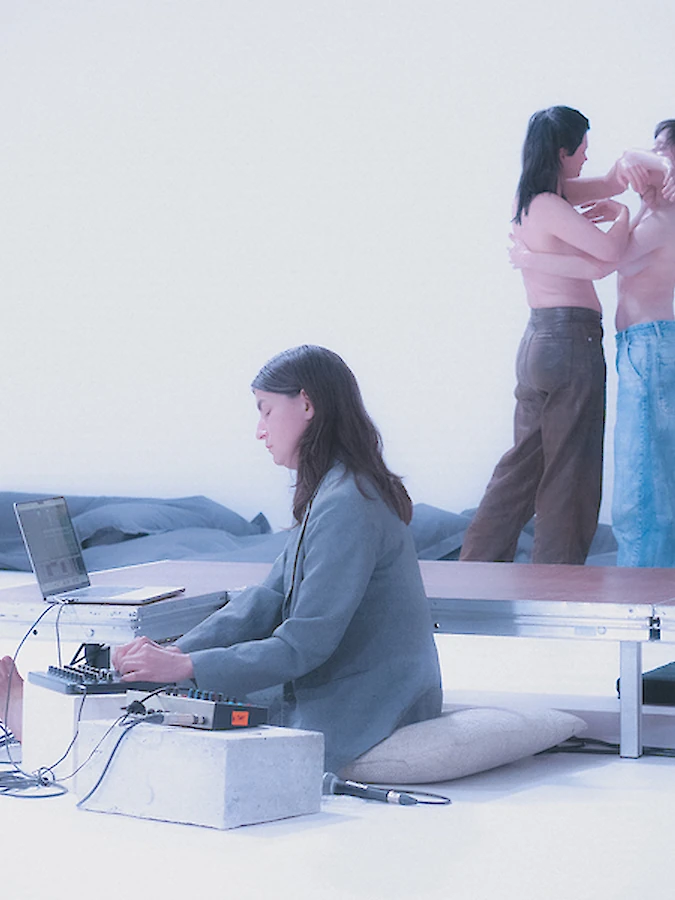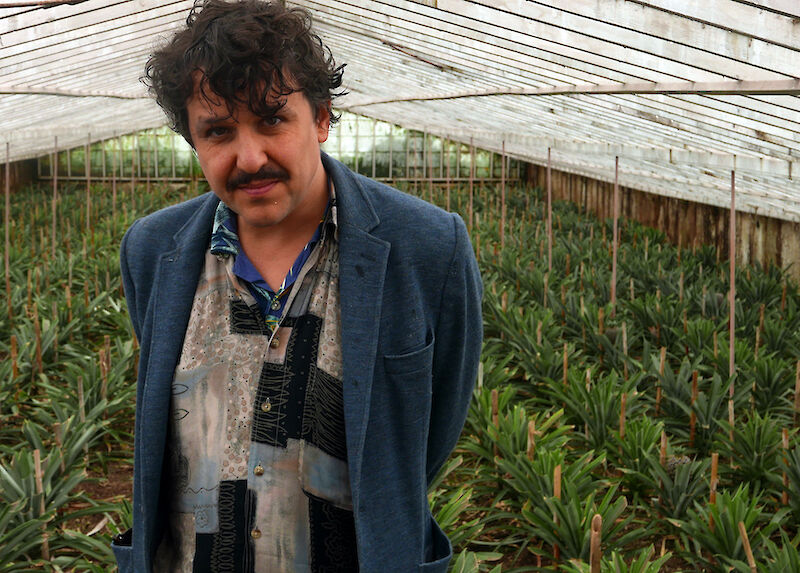StadsSalonsUrbains Howard Davis
In this edition of StadsSalonsUrbains, experts spanning architecture, urban planning, archaeology, landscape architecture, heritage, and history delve into how our physical surroundings encapsulate the culture, values, and norms of past societies, and shape our identities and experiences.
doors 17:00
Lecture #2 | Howard DAVIS | crafting the city: revisiting 'the culture of building'
This lecture is based on the book The Culture of Building, which describes how buildings are designed and built within a complex social/economic system—a building culture—that includes a wide range of players. These include builders, contractors, craftspeople, materials suppliers, bankers and financial institutions, clients, insurance underwriters, building code officials and inspectors, zoning administrators, insurance underwriters, and many others—as well as architects. The book was originally published in 1999, and this lecture represents a reassessment of the book after two decades, elaborating on its discussions of craftsmanship and the human relationships in the processes of building. The Culture of Building is a work of history and theory as well as of advocacy, calling for ways of building that are rooted in place and community, and in which human relationships remain important even amongst contexts that are dominated by the institutions of large capital. In this way, responsible building practice may be seen as analogous to present efforts toward a sustainable economy.
Howard Davis is Professor of Architecture at the University of Oregon, where he teaches design studios and courses in the social and geographic contexts of architecture. He is co-author of The Production of Houses (Oxford, 1985, written with Christopher Alexander and others) and sole author of three books: The Culture of Building (Oxford, 1999), Living Over the Store: Architecture and Local Urban Life (Routledge, 2012) and Working Cities: Architecture, Place and Production (Routledge, 2020). He is editor of the compendium Early and Unpublished Work of Christopher Alexander (Routledge, 2022) and of the four-volume reference work Vernacular Architecture: Critical and Primary Sources (Bloomsbury, 2023). Davis was on the editorial boards of the Journal of Architectural Education and Urban Morphology, and was founding co-editor of Buildings & Landscapes: Journal of the Vernacular Architecture Forum. He was named Distinguished Professor of the Association of Collegiate Schools of Architecture and was awarded the Thomas F. Herman Award for Distinguished Teaching at the University of Oregon.


